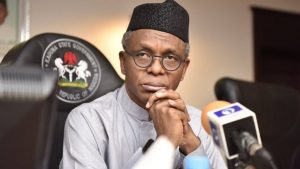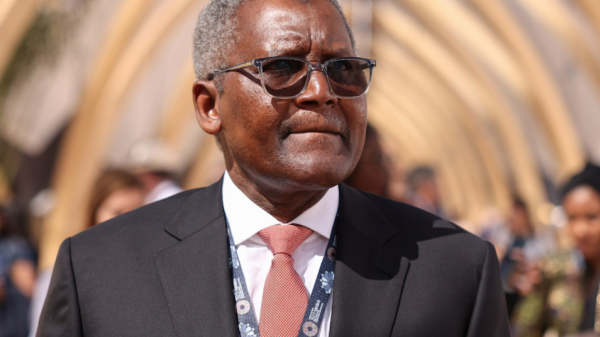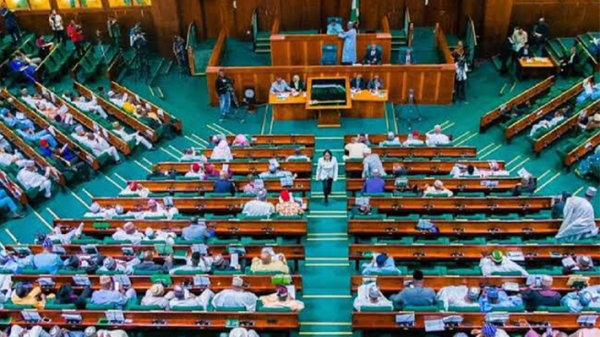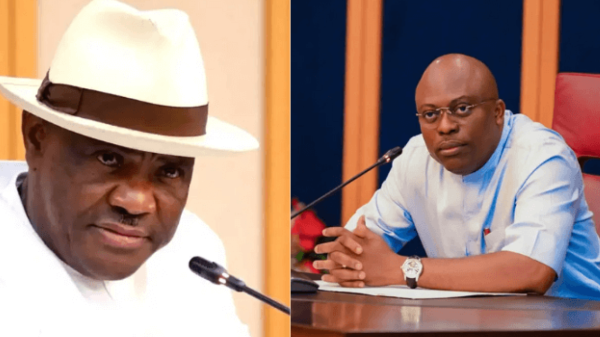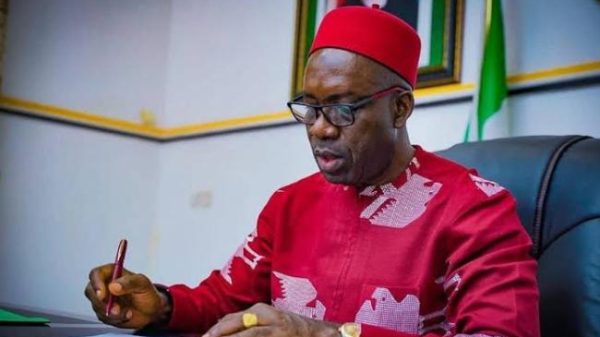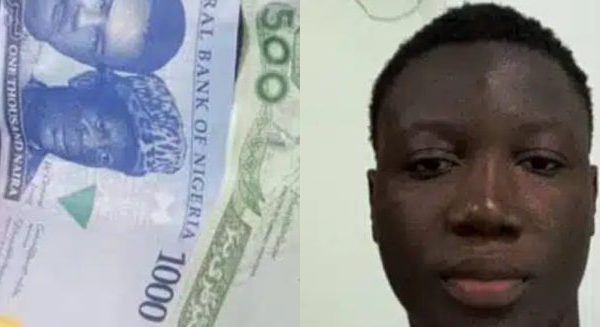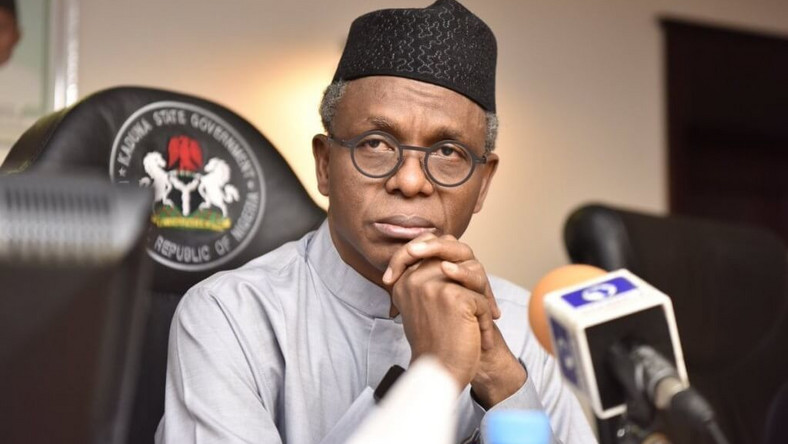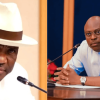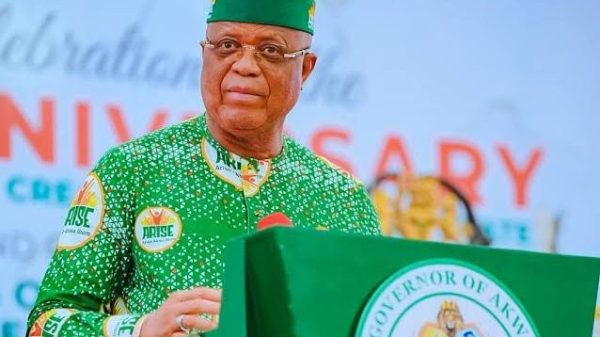Nasir El-Rufai, the former Governor of Kaduna State, has expressed confidence in the face of potential arrest threats by the administration of President Bola Tinubu. El-Rufai, who has been at odds with the current government, announced that he would return to Nigeria before February 20, despite ongoing tensions.
In a bold statement, El-Rufai revealed that he had suspended all academic plans to focus on spending more time in Nigeria. He declared, “Silence is no longer golden. Inaction has never been an option,” signaling his readiness to re-engage with the country’s political landscape.
El-Rufai’s comments come as the rift between him and the government deepens. Over the past few weeks, he and several key figures within the ruling All Progressives Congress (APC) have exchanged criticisms. El-Rufai’s growing opposition to the government he helped bring to power has made headlines.
On February 11, El-Rufai addressed rumors circulating on social media about his possible arrest. He accused his political opponents of trying to push him into exile and claimed that threat messages had been sent through his friends, family, and political associates. El-Rufai, currently in Egypt, mentioned that these rumors had been circulating since July 2024 when a report involving the Kaduna Assembly began to gain attention.
Despite the rumors, El-Rufai reaffirmed his commitment to returning to Nigeria for the launch of former President Ibrahim Babangida’s memoirs. He also expressed that being arrested or detained for political beliefs was not a new experience for him, citing previous instances of being arrested for voicing his opinions against past governments.
El-Rufai’s remarks reflect his ongoing criticism of the current administration. A former minister of the Federal Capital Territory (FCT), El-Rufai has recently confronted Uba Sani, the current Governor of Kaduna State, accusing him and his administration of mismanaging state resources and driving the state into debt.
In early February, El-Rufai also claimed that the Tinubu administration selectively paid over N150 billion to Sani’s government, which he suggested was the reason Sani had aligned himself with the federal government.
Further intensifying his criticism, El-Rufai recently urged opposition parties to unite and form a platform to challenge the ruling party in a bid to protect Nigeria’s democracy. Speaking at a national conference in Abuja, he warned that while Nigeria does not want a return to military rule, it also cannot allow civilian leaders to act in an authoritarian manner.
As political tensions continue to rise, El-Rufai’s planned return to Nigeria could mark a new chapter in the ongoing struggle between him and the Tinubu administration.
